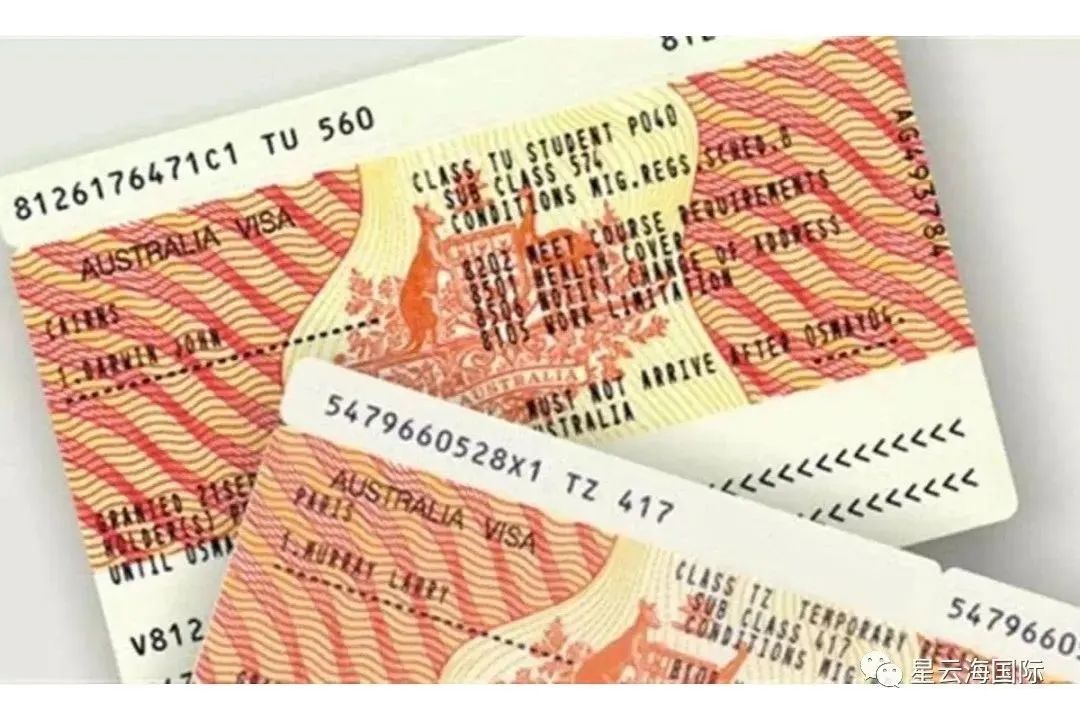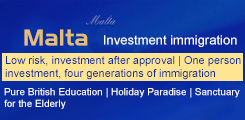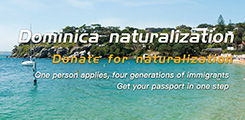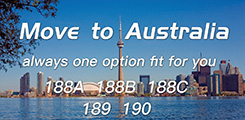important news
There are new changes in the Australian visa medical examination!

From July 1, 2023, the blood test in the Australian visa medical examination will replace the original urine test. All applicants aged 15 and over who have not completed a medical examination by 1 July 2023 will have a blood test. Children aged 5 to 14 are also no longer required to undergo blood or urine tests unless there are any clinical conditions.
PART1
Health requirements for visa applicants
All Australian visa applicants must meet health requirements, which is directly related to whether the visa can be successfully approved. Whether a medical examination is required depends on the applicant's personal circumstances, visa category, expected length of stay in Australia and the place where the application is submitted.

PART2
Who needs a health check?
01
permanent and temporary visa applicants
▲The applicant and family members who apply for the visa together must undergo a health check;
▲In some cases, family members who did not come to Australia with the applicant may also need to undergo a health check.
02
Temporary Visa Applicants
▲The applicant and family members who apply for the visa together may need to undergo a health check.
ask
Whether and which checks are required for an applicant depends on:
◆The visa applied by the applicant;
◆How long the applicant intends to stay in Australia;
◆ what the applicant plans to do in Australia;
◆The country to which the applicant applies;
◆ Any special circumstances that may apply to the applicant;
◆Whether the applicant has any major medical conditions.
ask
Simplified requirements for Australian temporary visa applicants?
Temporary visa applicants to Australia will still be required to undertake relevant medical examinations and/or chest x-rays if:
◆Applied for medical treatment, temporary protection or temporary visa;
◆Expected to incur medical expenses or require treatment;
◆ intend to work (or study to become) a doctor, dentist, nurse or paramedic;
◆will be admitted to a hospital, aged or disability care facility (if TB risk is high);
◆ pregnant and intend to give birth in Australia;
◆Will work or train in an Australian childcare center;
◆Aged over 75 years (if applying for a visitor visa);
◆Have had previous exposure to TB in the family or requested to do so by the department.
Applicants for other provisional visas in Australia are not required to undergo a medical examination and chest x-ray to meet the health requirement.
ask
Which subcategory of visa applicants does it apply to?
◆403 - Temporary Work International Relations
◆405 - Investor Retirement
◆407 - Training
◆408 - Temporary activities
◆417 and 462 - working holidays
◆461 - New Zealand citizen family relationship
◆462 - work and vacation
◆476 - Technically Endorsed Graduate
◆482 - Temporary skills shortage
◆485 - Temporary Graduate
◆500 - Student
◆590 - Student Guardian
◆600 - Visitors
◆870 - Sponsoring Parents (Temporary)
This arrangement applies to applicants for the above visa subcategories and only if the applicant is already in Australia.
This is a temporary measure that applies to all eligible provisional visa applications currently made to the department, as well as new applications made in Australia.
PART3
health check items
In general, permanent and temporary visa applicants are required to undergo the following health checks:
01
Applicants under 2 years old
Body checkup;
02
Applicants aged 2 or over but under 11
Physical examination, TB screening test;
03
Applicants aged 11 or over but under 15
Physical examination, chest X-ray;
04
Applicants over the age of 15
Physical exam, chest x-ray, HIV testing.
More specific tests are needed if:
▲Over 15 years old and intend to practice, study or train to become a doctor, dentist, nurse or paramedic: test for hepatitis B and C;
▲Over 15 years of age, intending to work, study or train as a healthcare worker, or work in a healthcare, aged care or disability care facility, and from a high-risk country: Screening test for latent tuberculosis infection (China is listed as tuberculosis high-risk countries.)
▲Over 15 years old and applying for a domestic protection visa: hepatitis B and C test, syphilis test;
▲Over 15 years old and applying for a refugee visa: syphilis test, test for specific health risks;
▲ Pregnant and planning to have a baby in Australia: Hepatitis B test;
▲Adoptees: Hepatitis B test, HIV test.
Australia is known for its world-class education system, with high-quality guarantees at every stage, from kindergarten to tertiary education.
In addition, colleges and universities continue to improve their teaching quality, providing students with high-level educational resources and a variety of extracurricular activities.
The Australian government also provides citizens with a wide range of welfare guarantees, including health care, social assistance, unemployment benefits and pensions. These welfare systems help residents enjoy a more stable and secure living environment.
If you are interested in traveling to Australia, please feel free to contact Xingyunhai International!



























 Cyprus
Cyprus Turkey
Turkey Saint Kitts and Nevis
Saint Kitts and Nevis Greece
Greece
